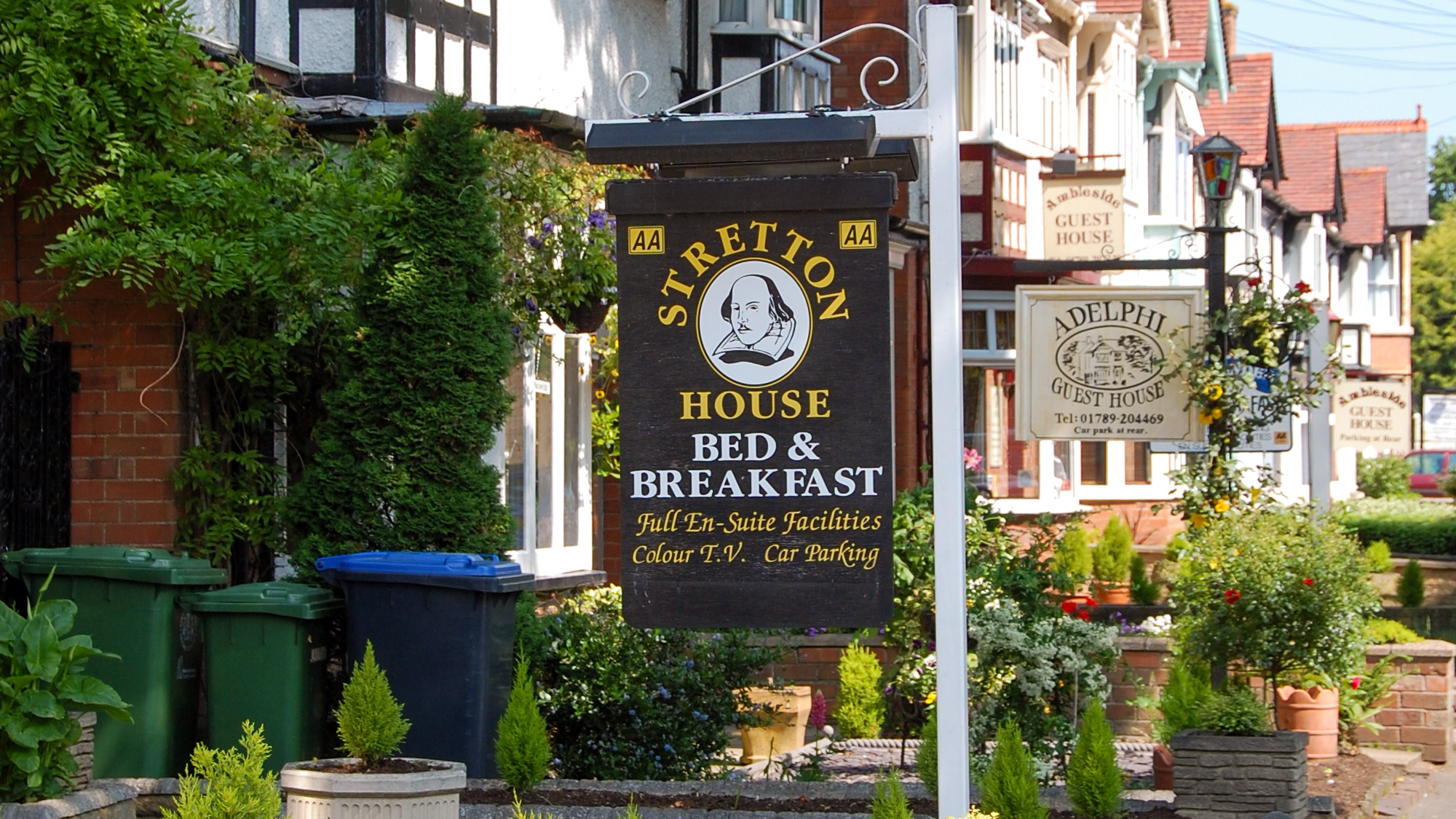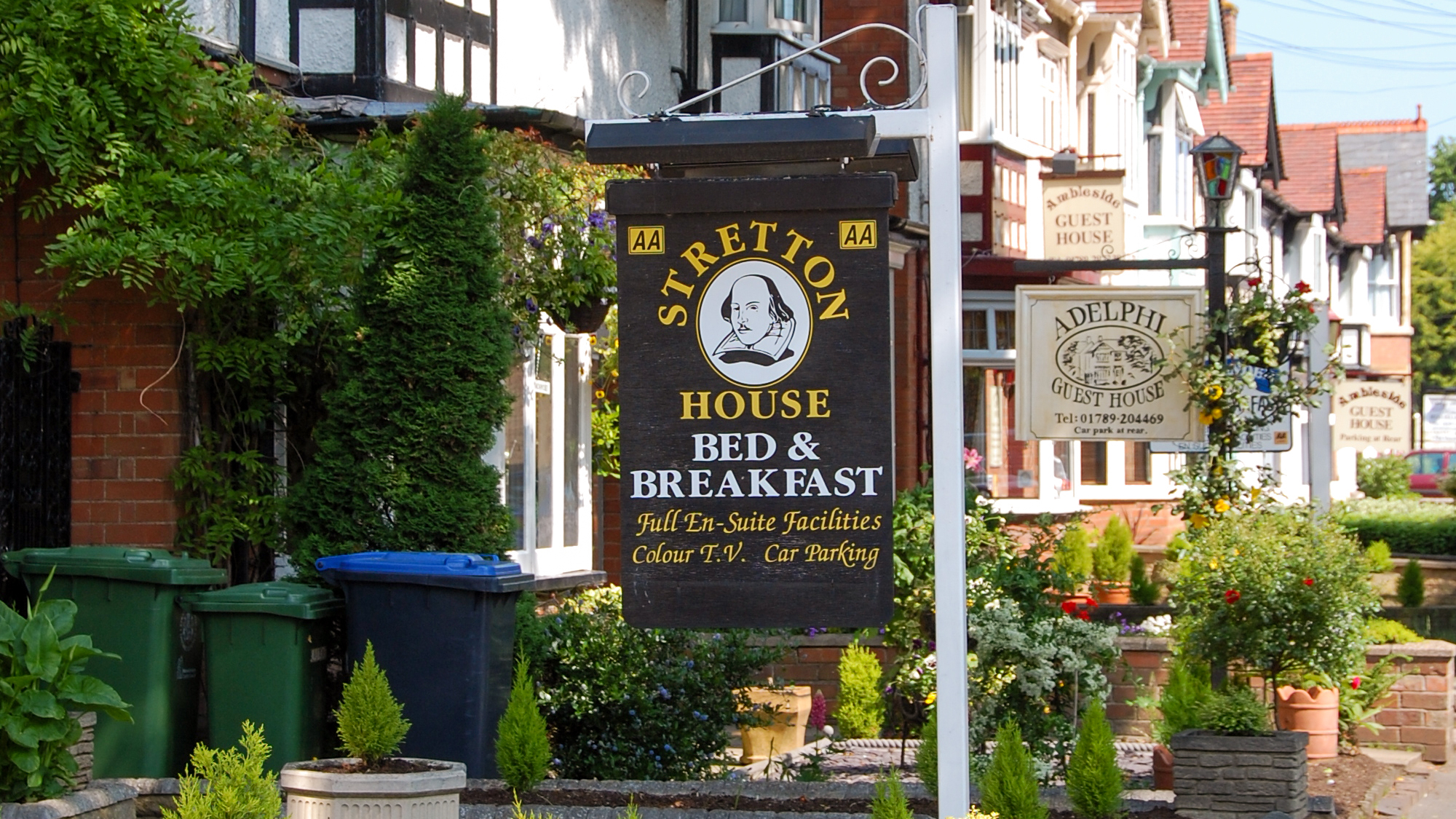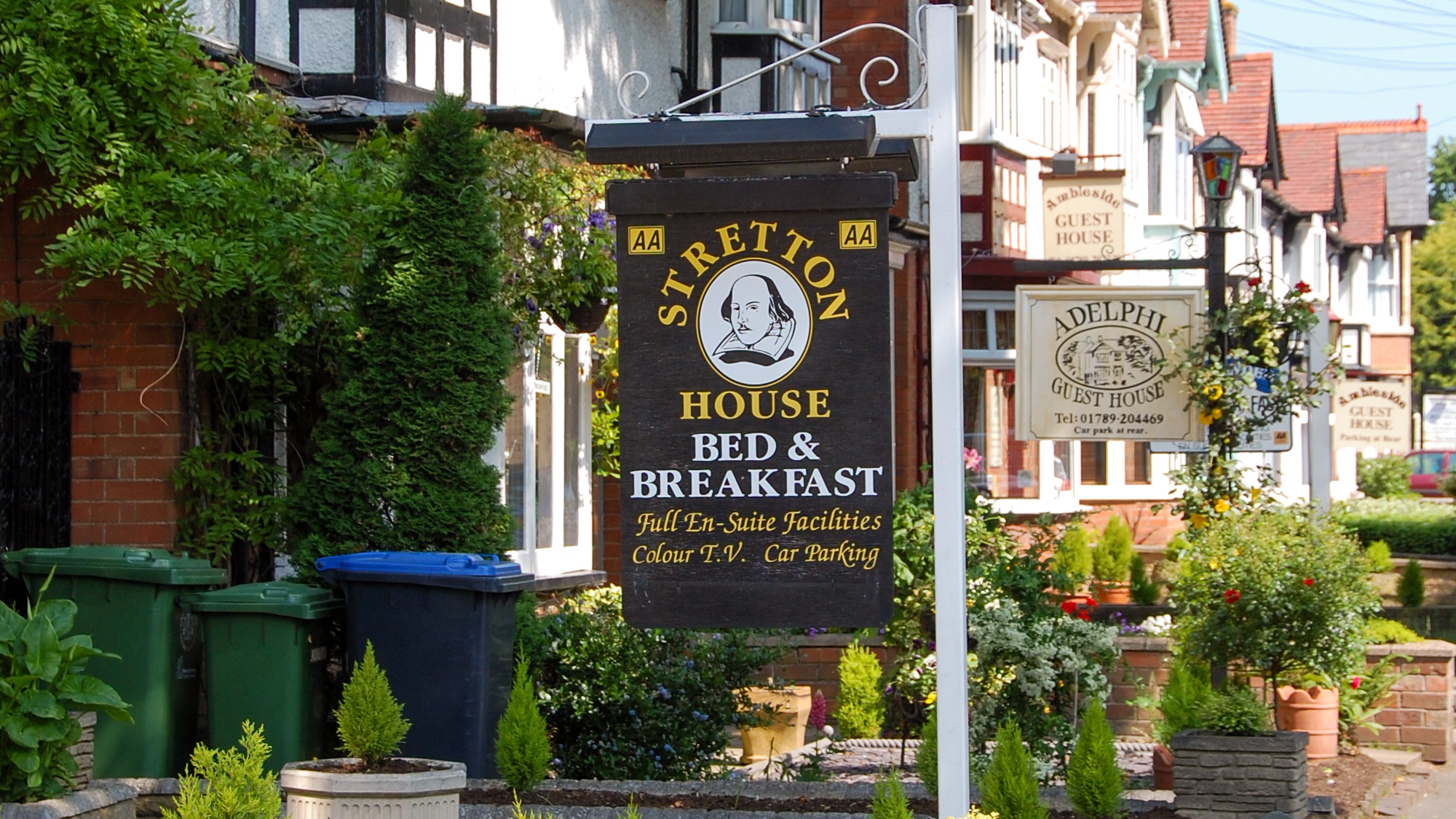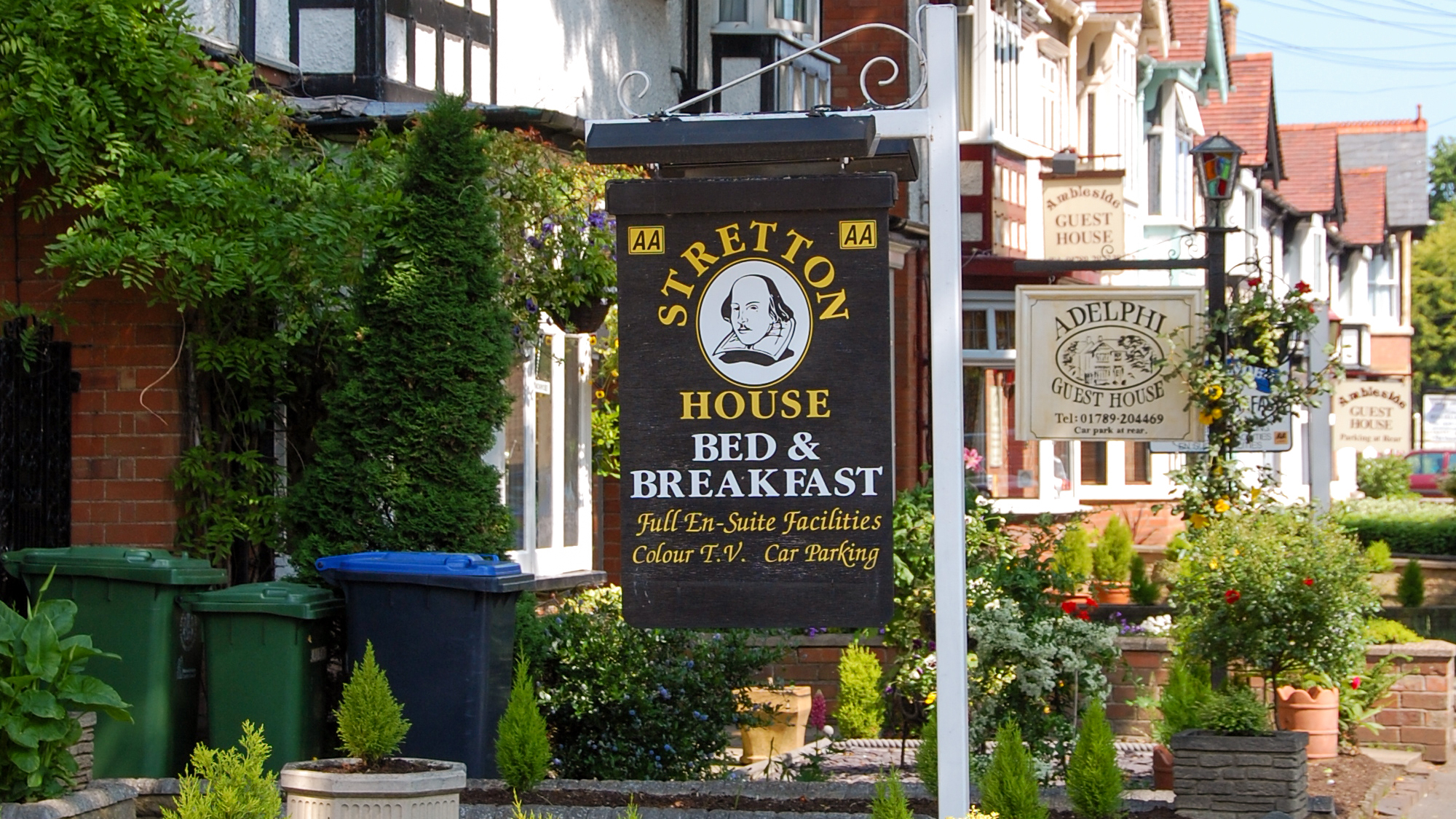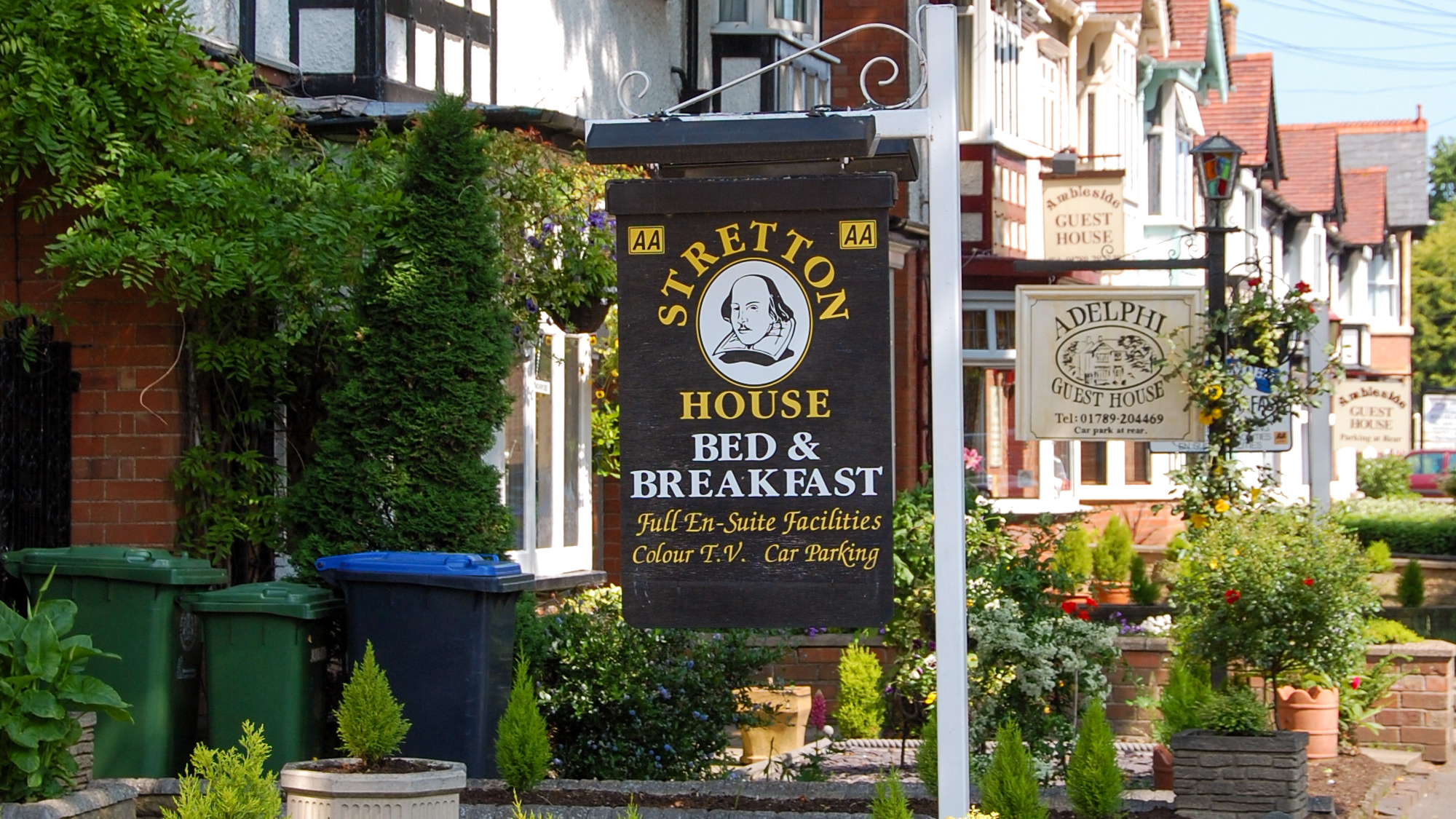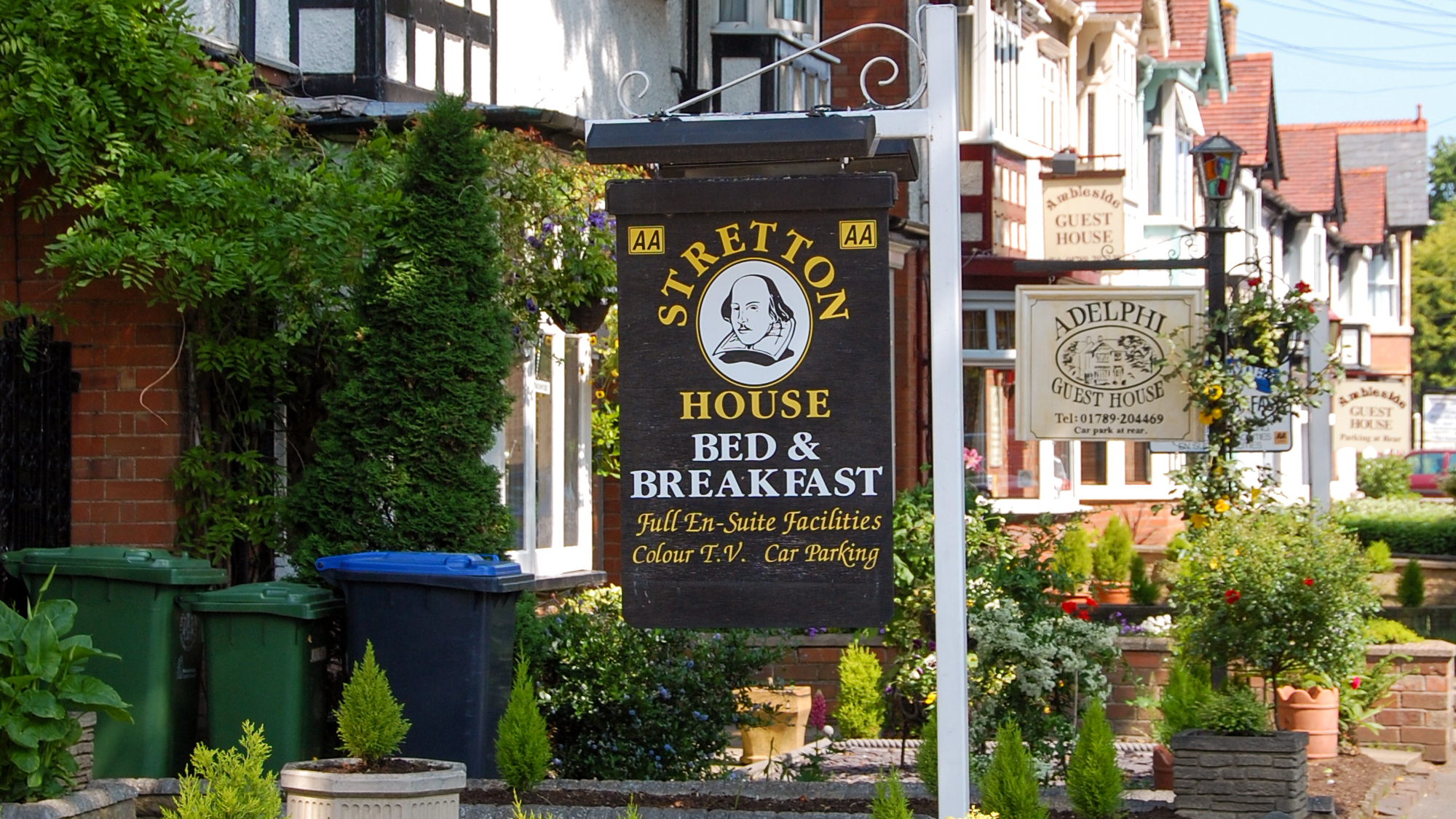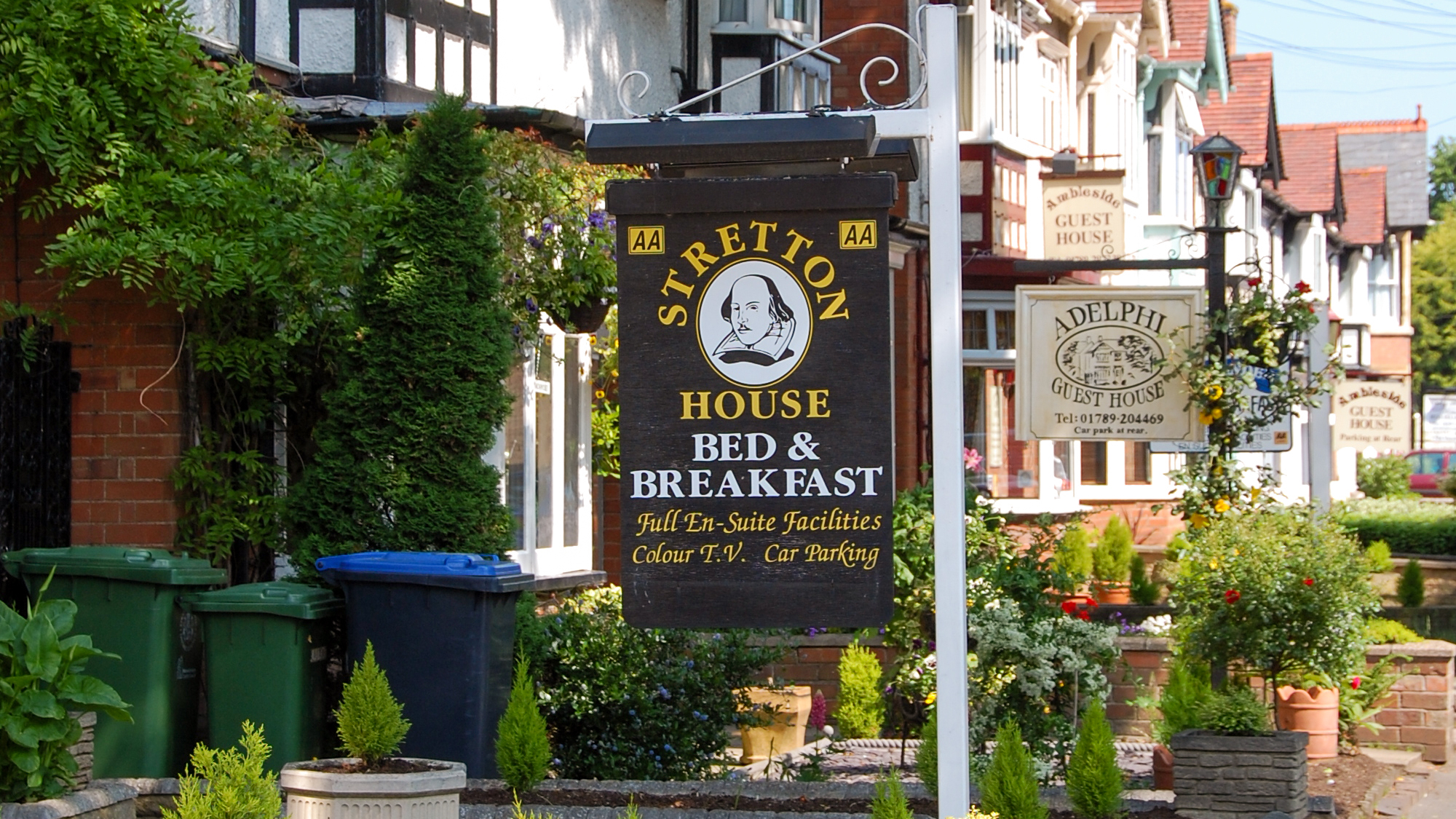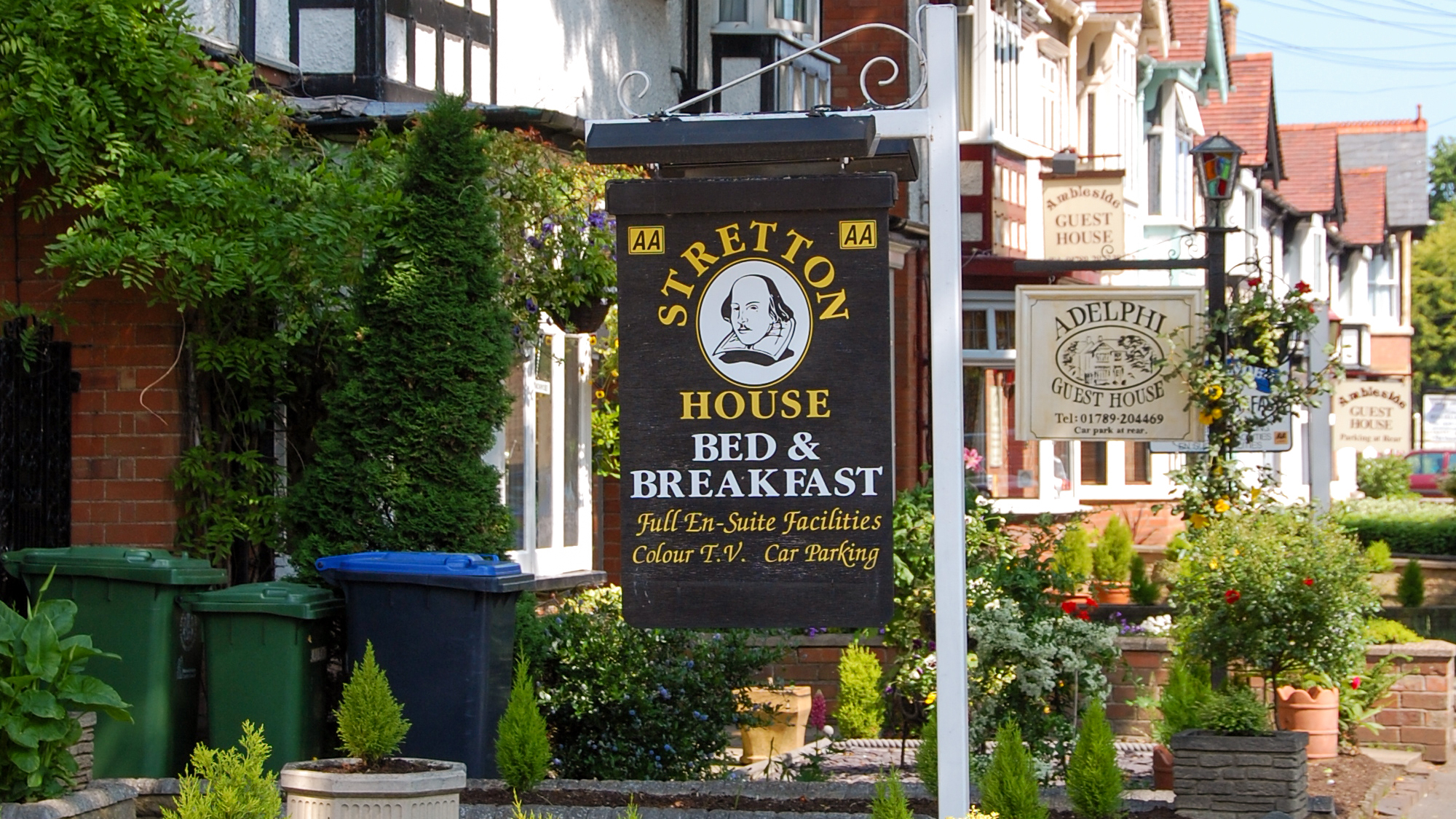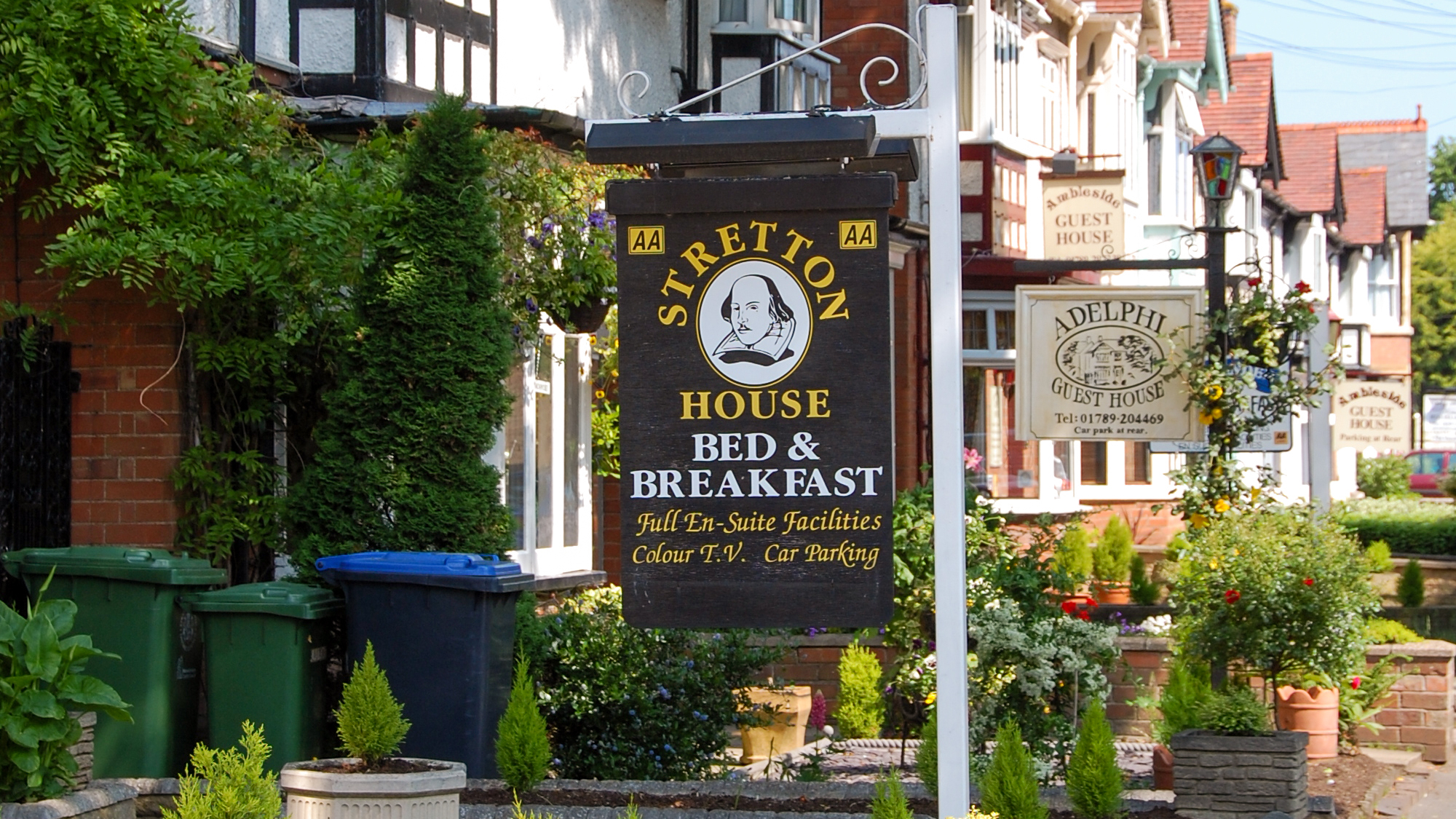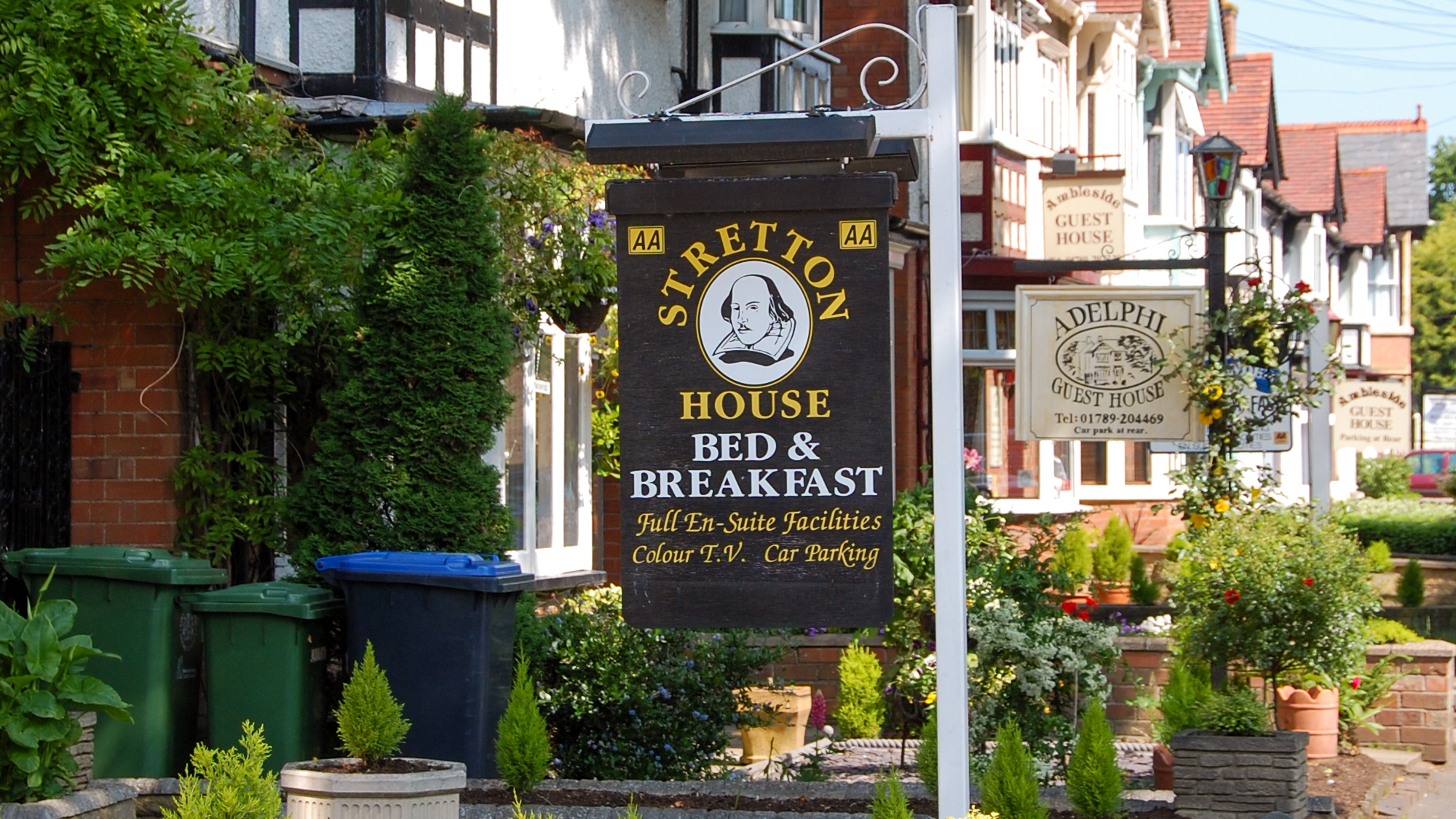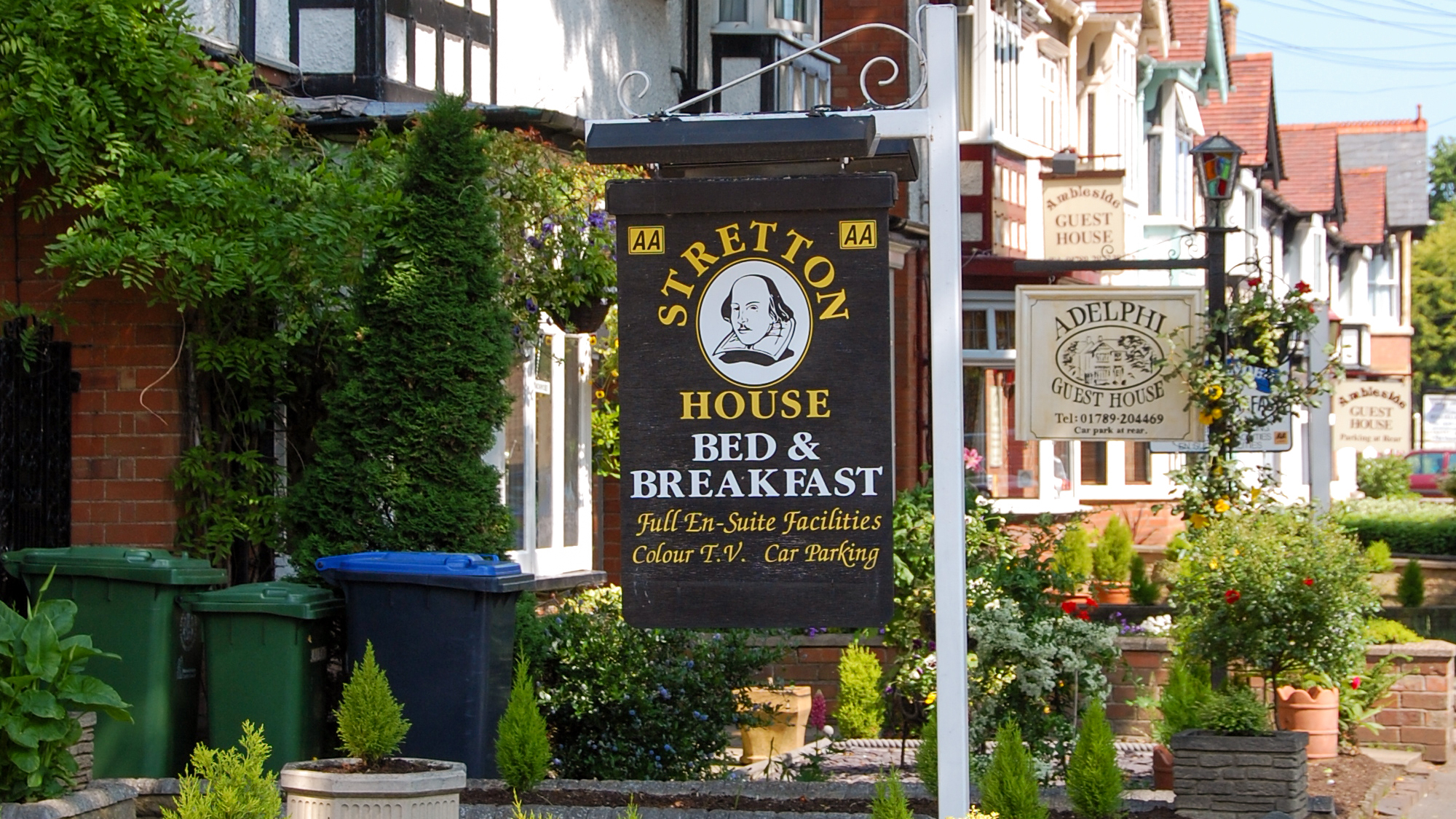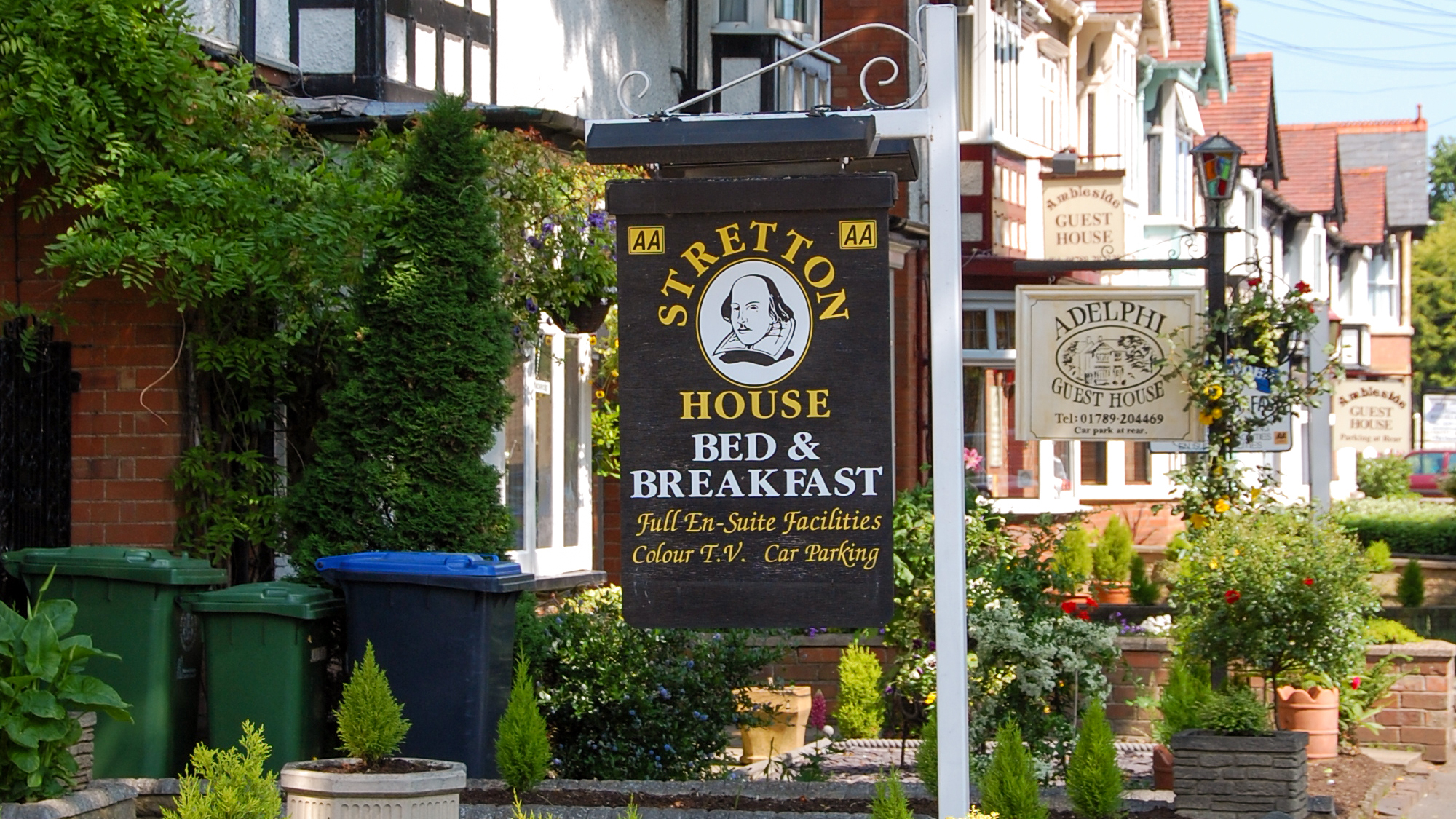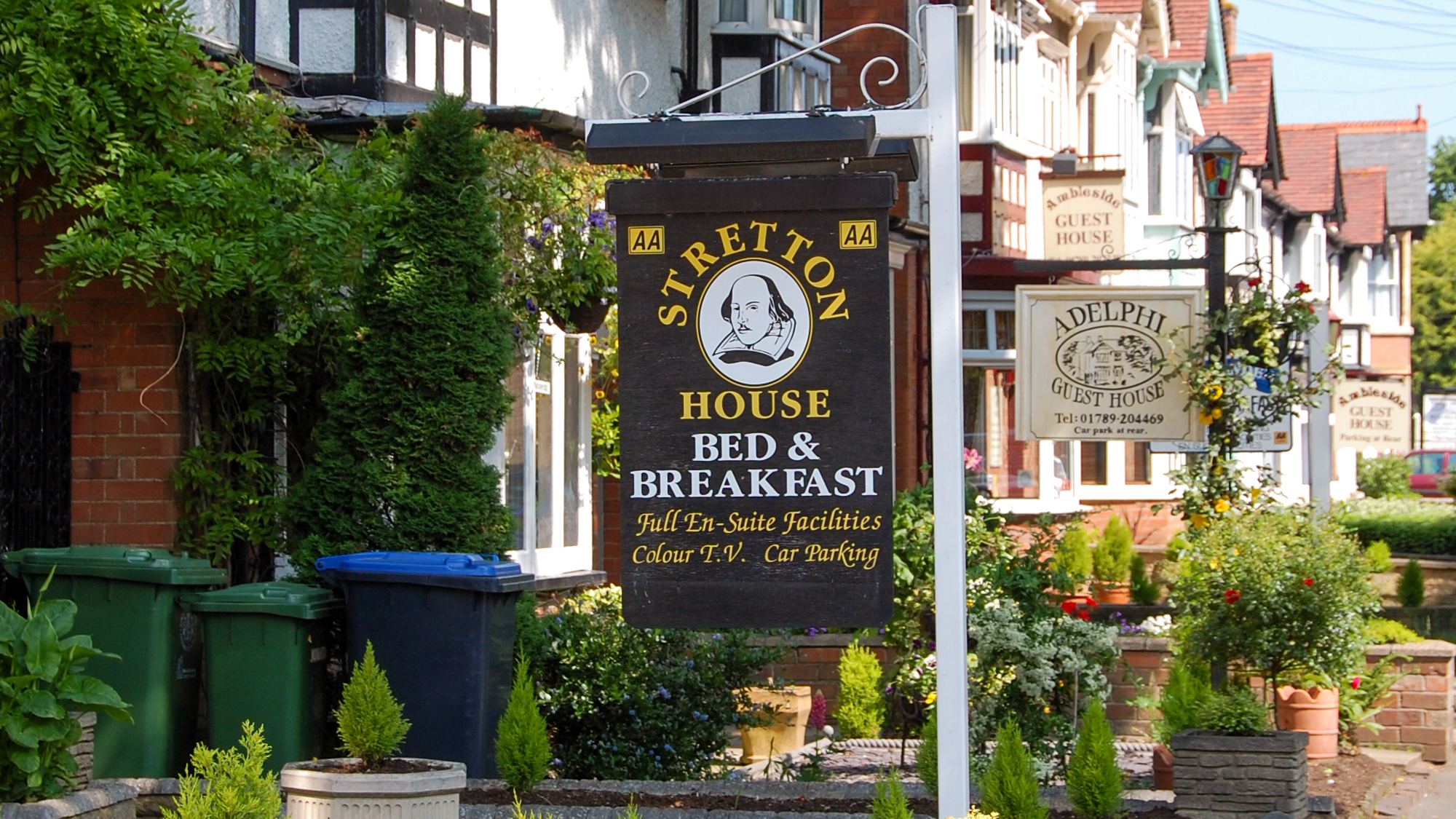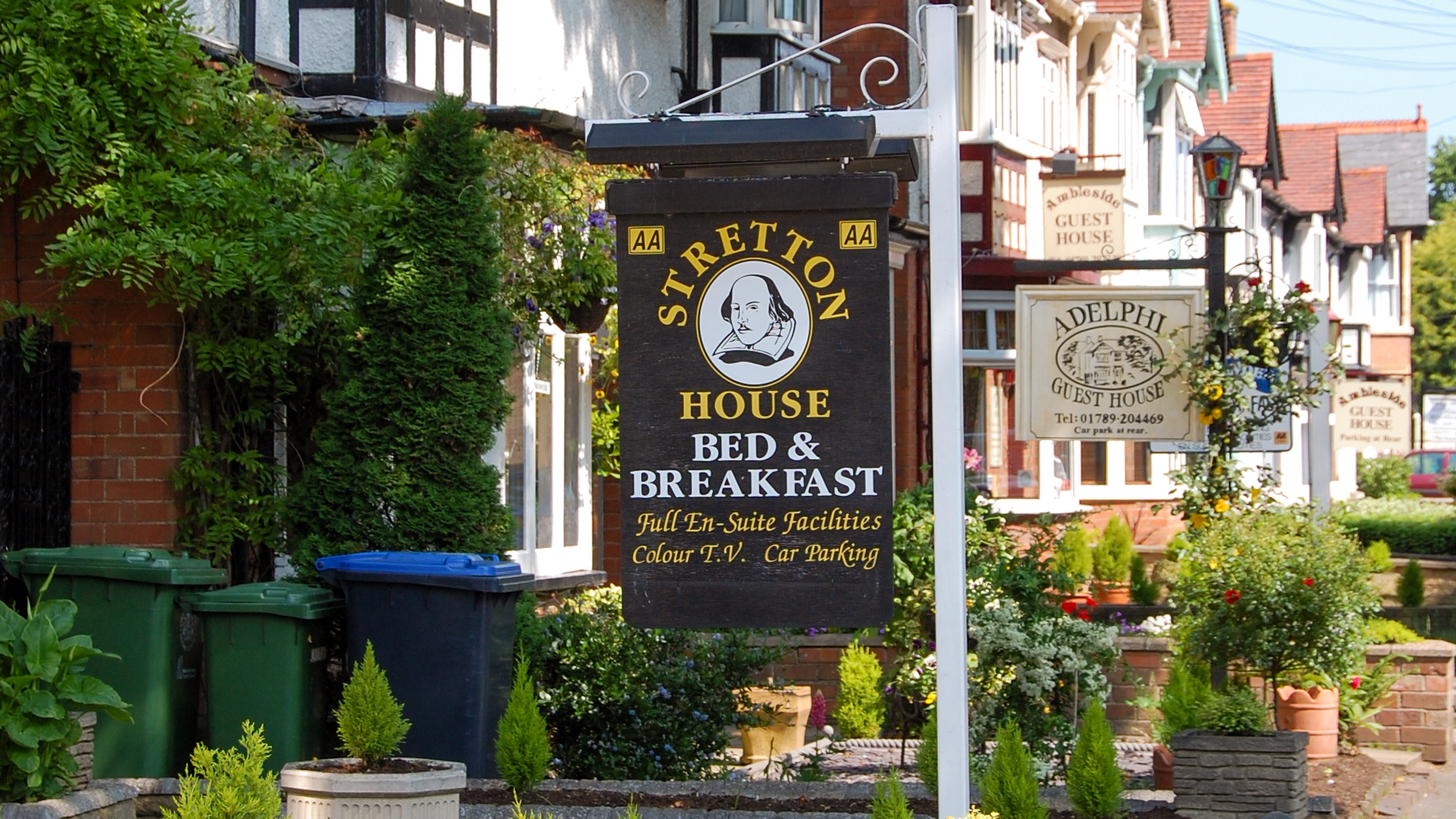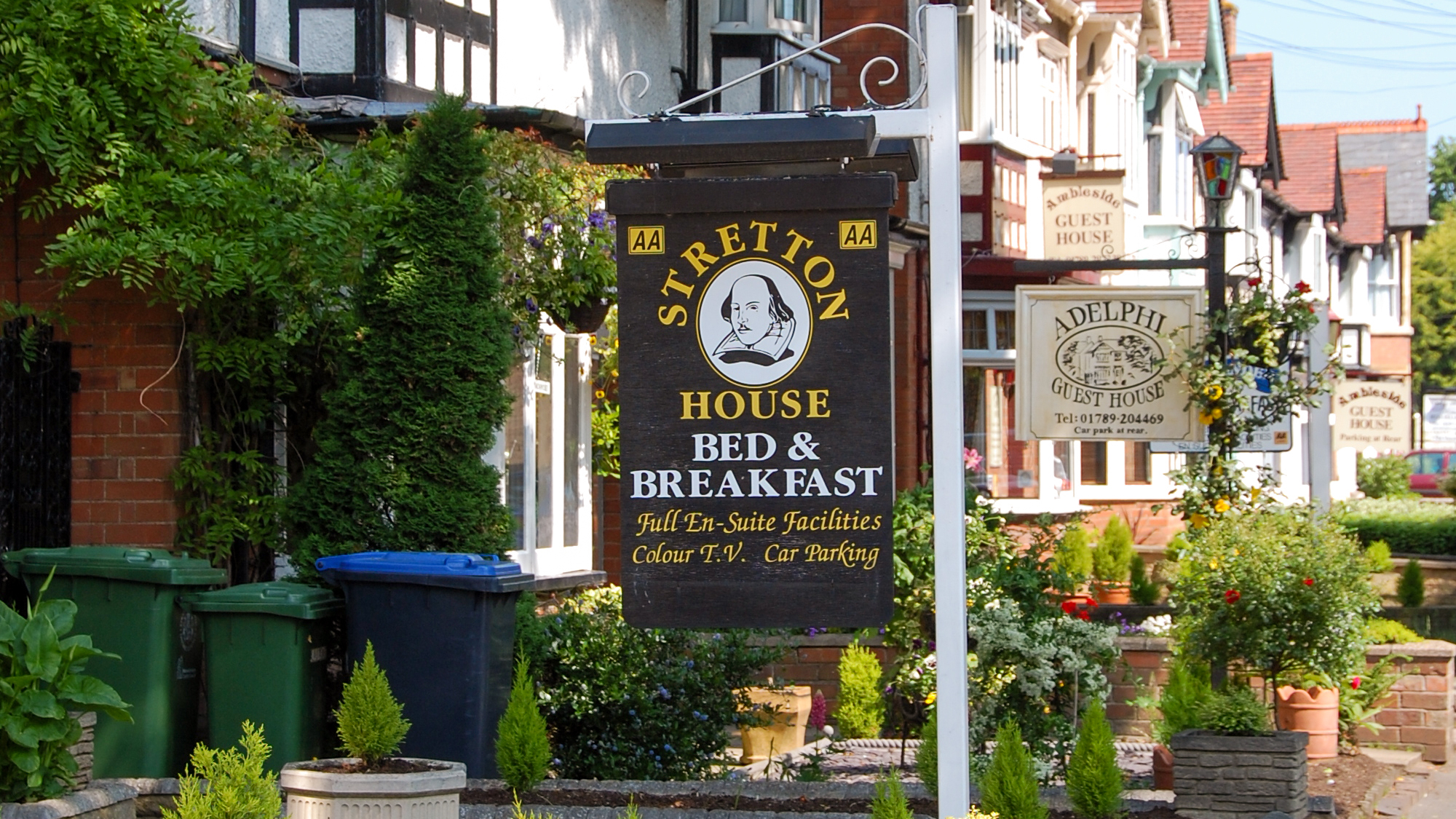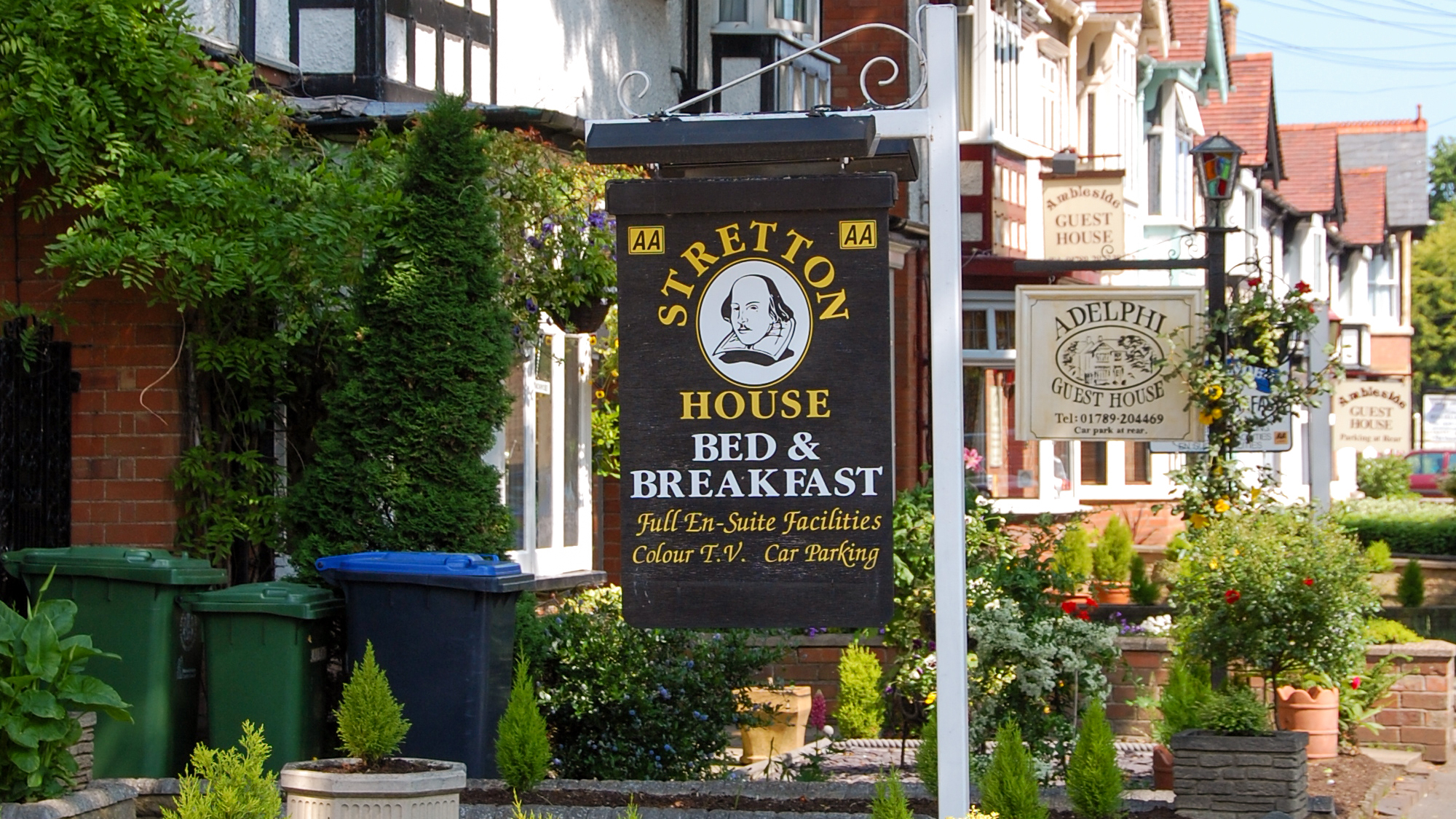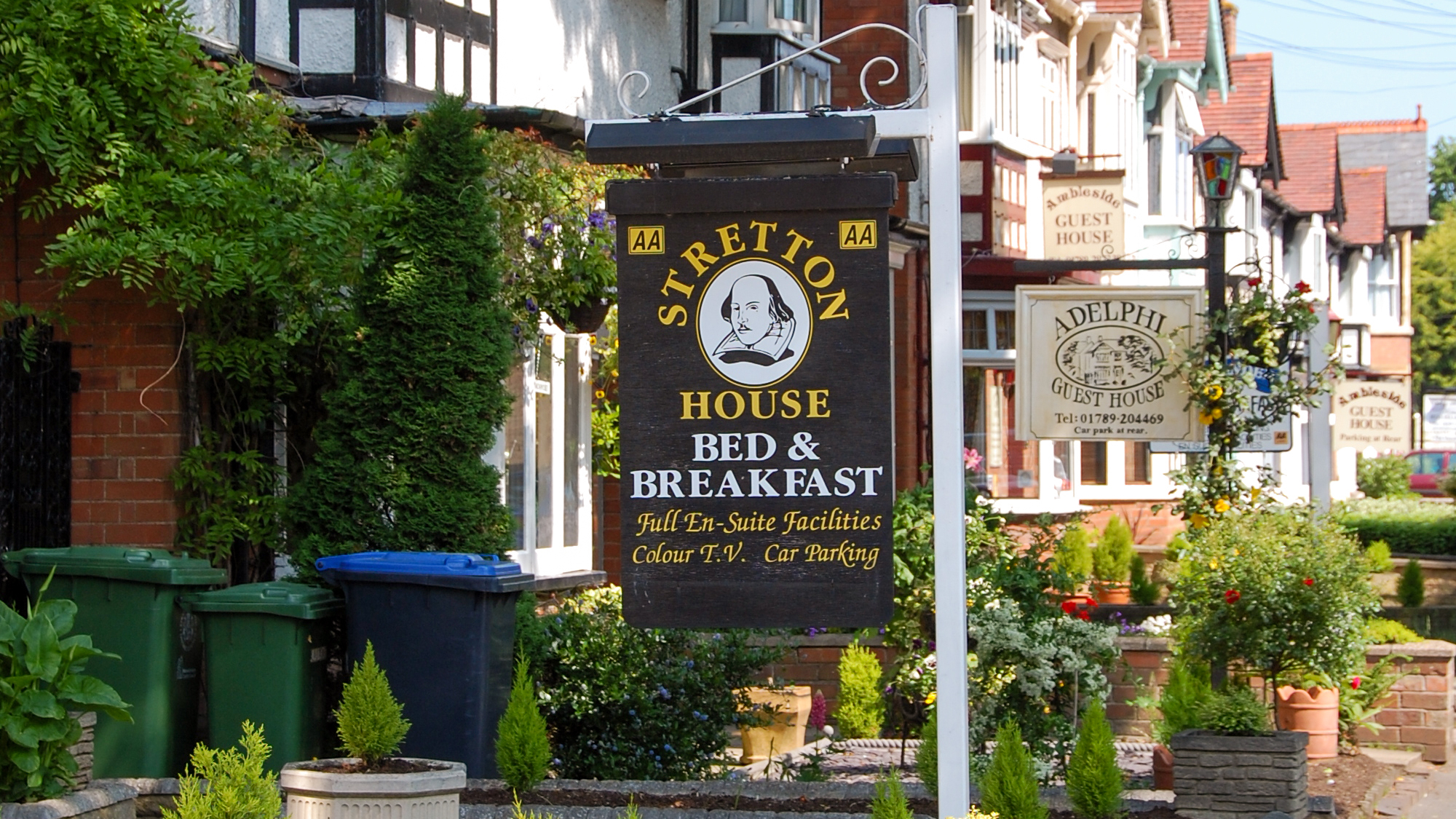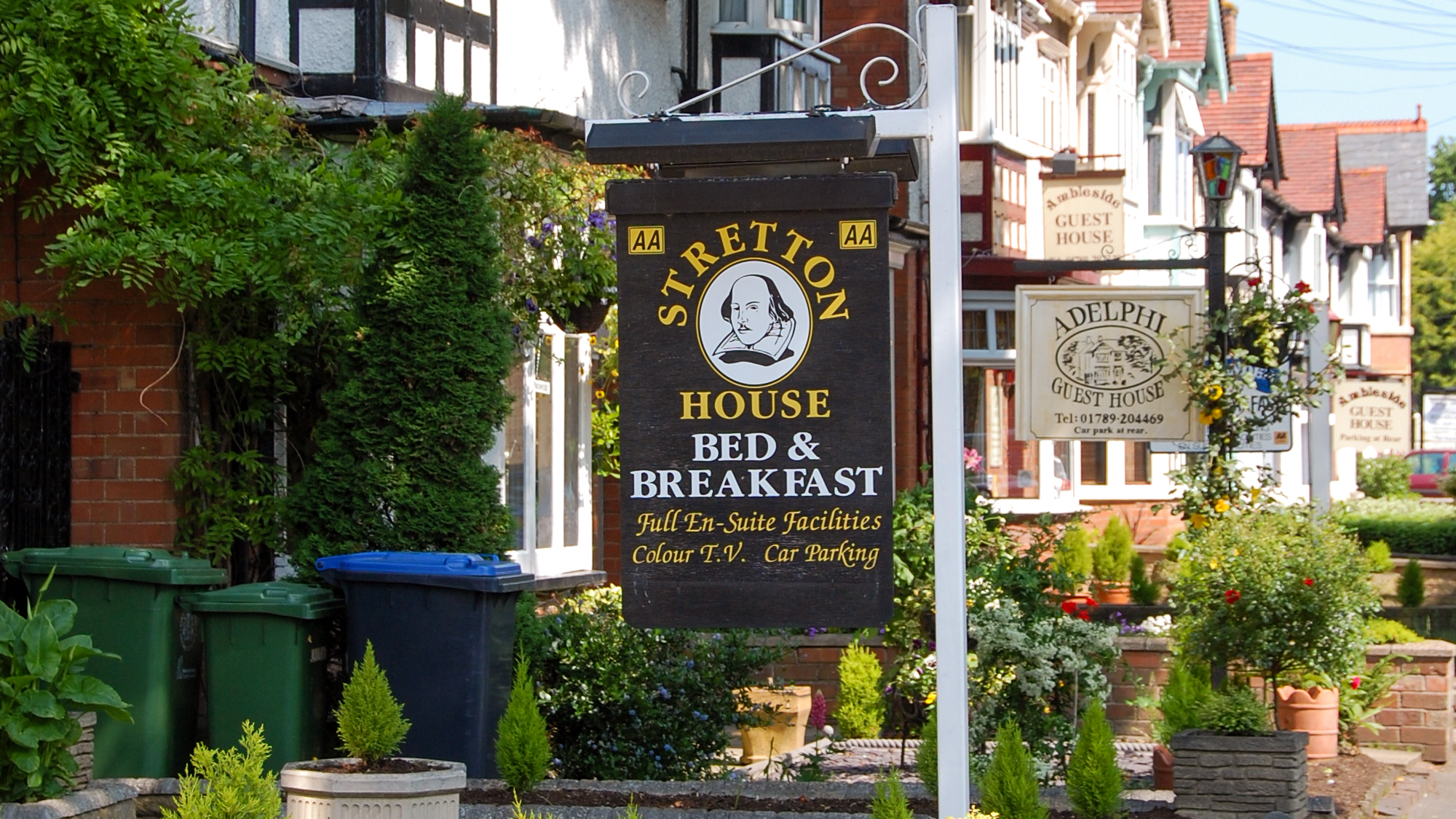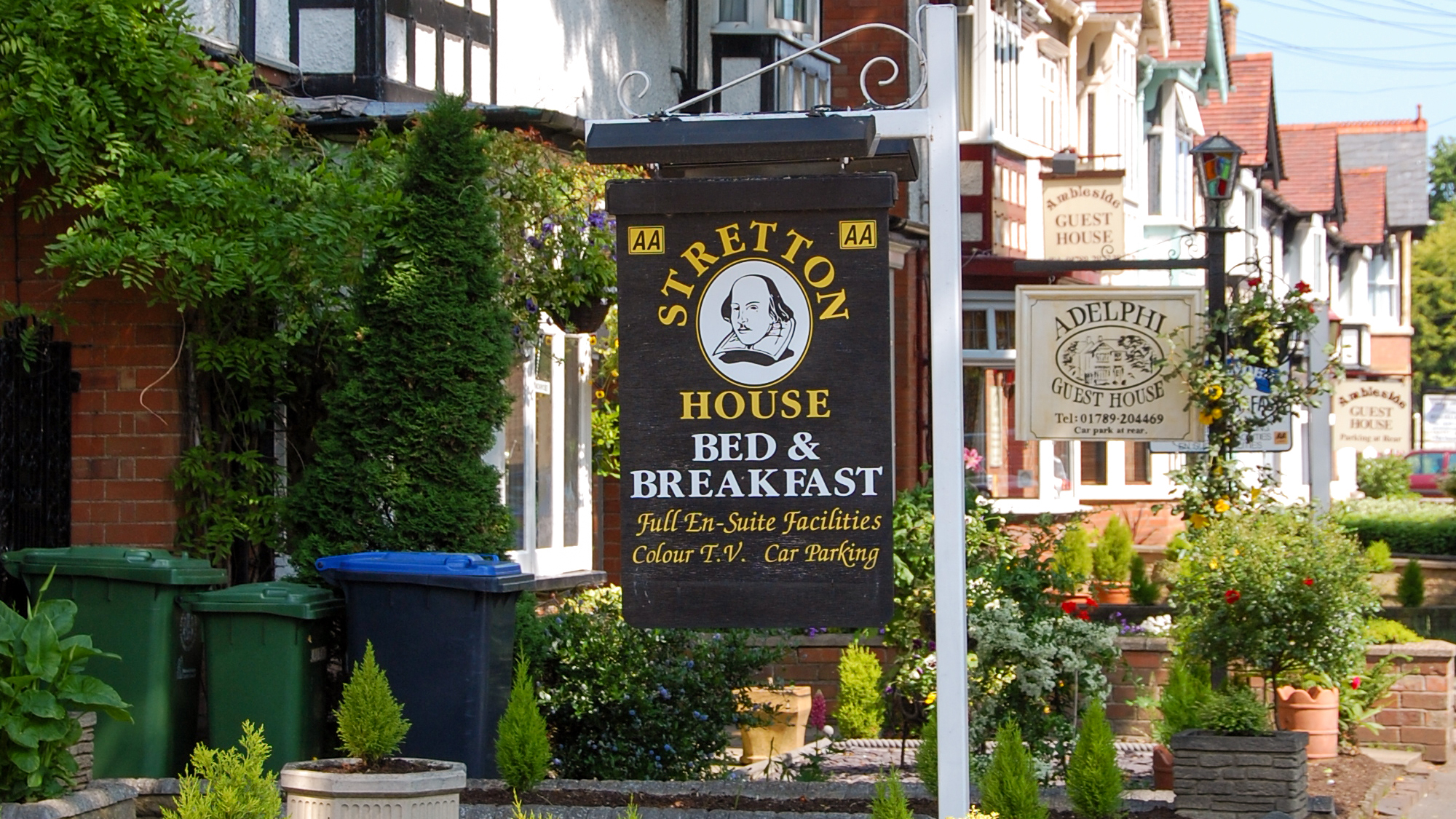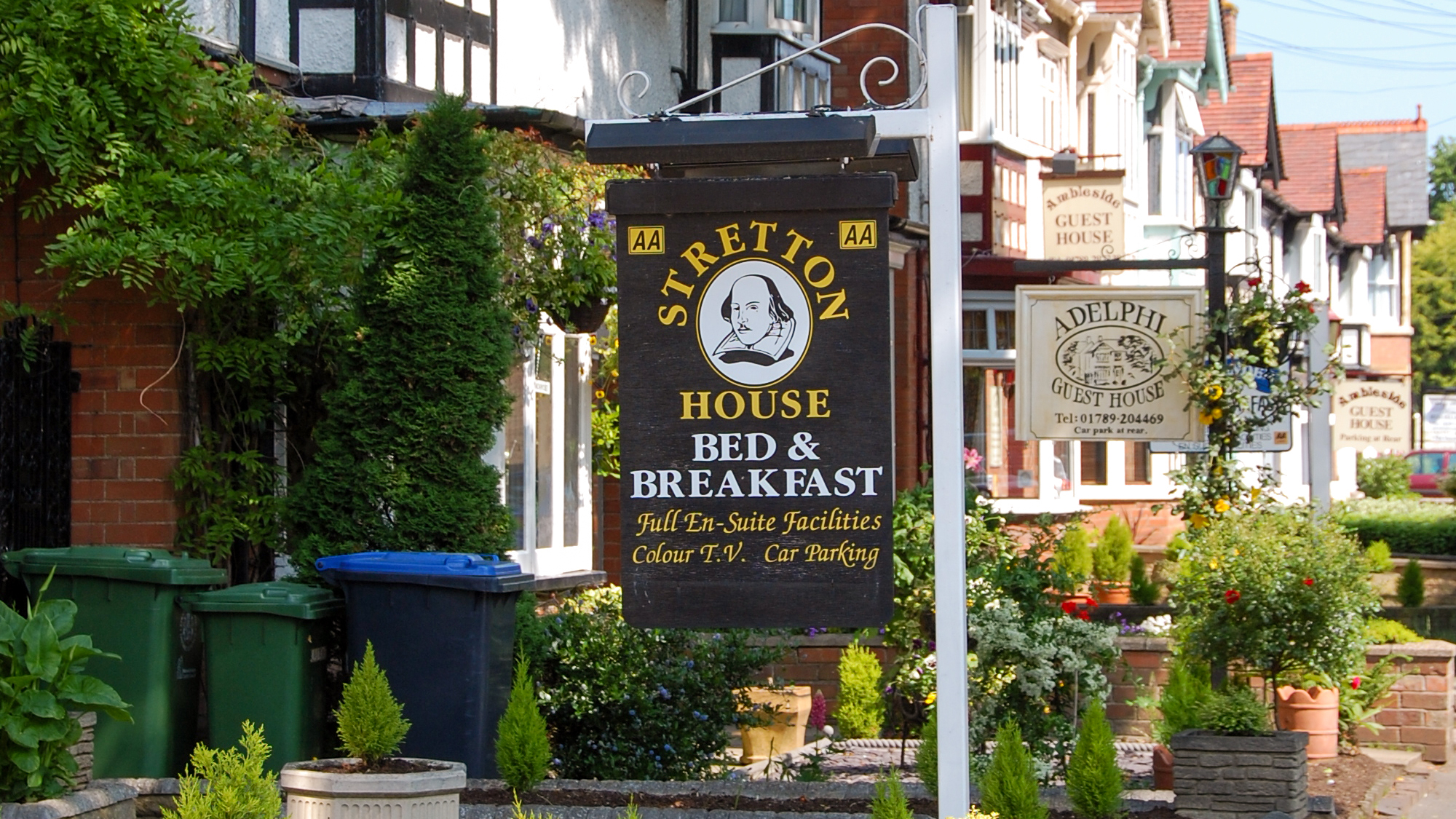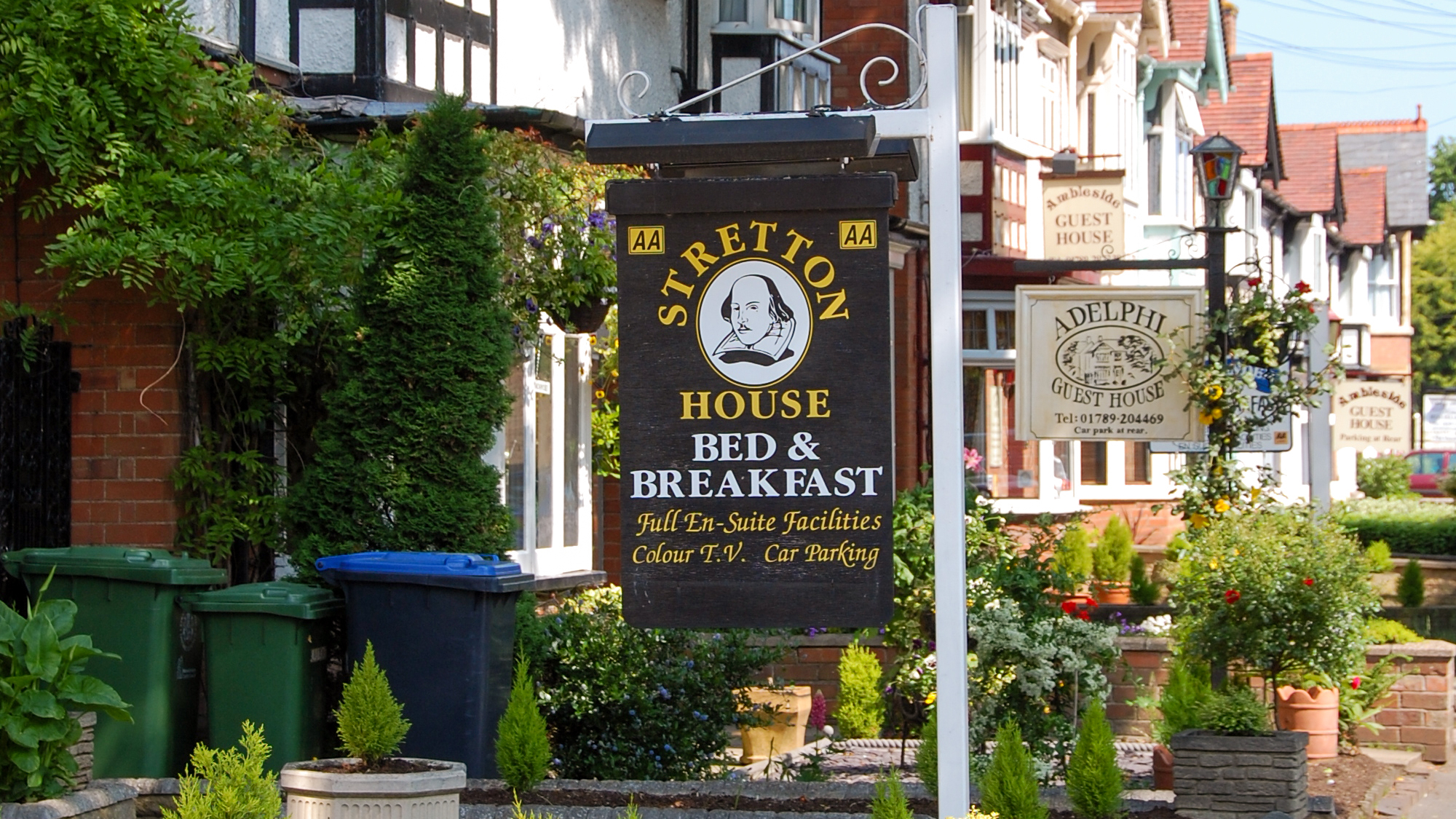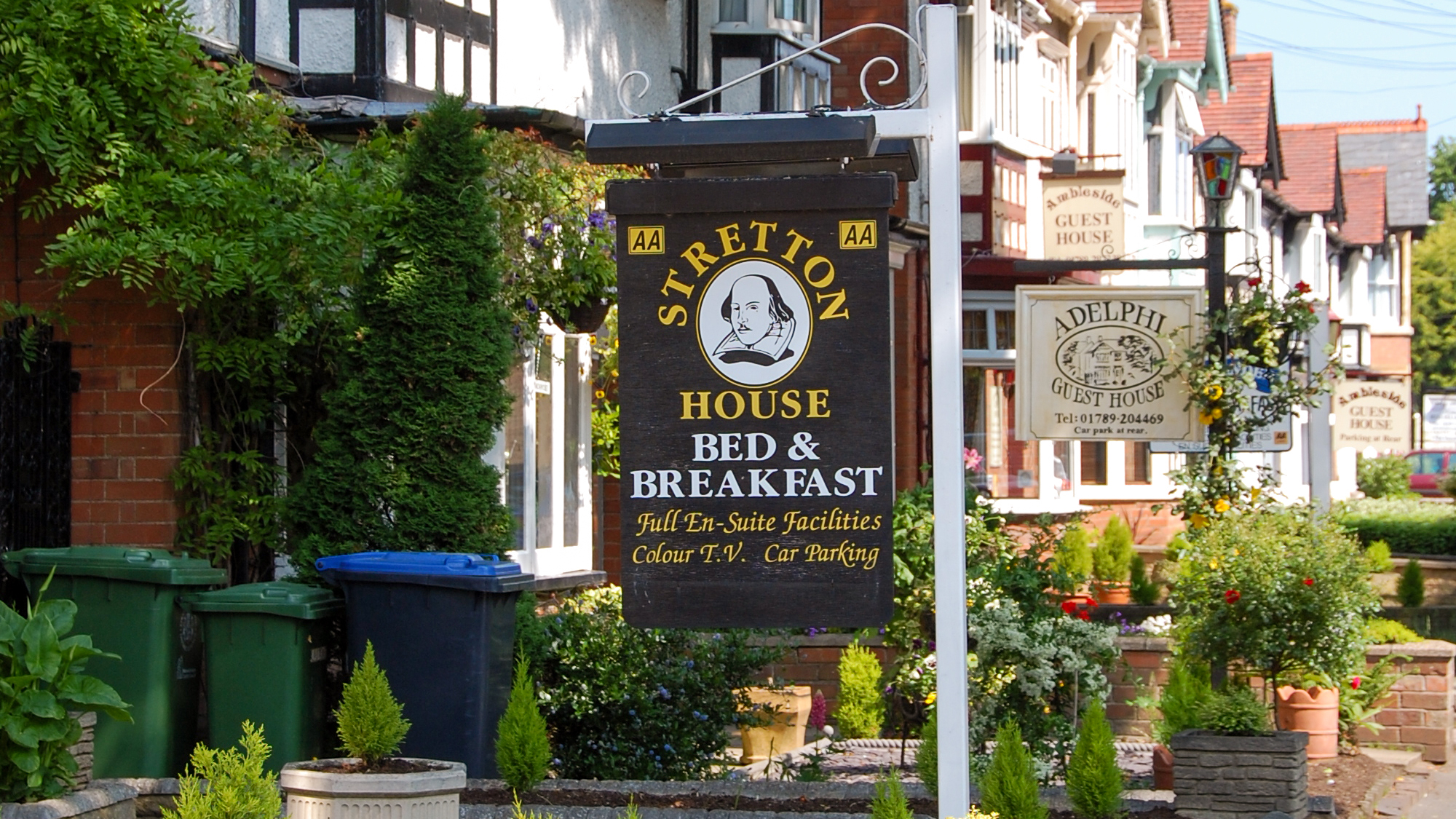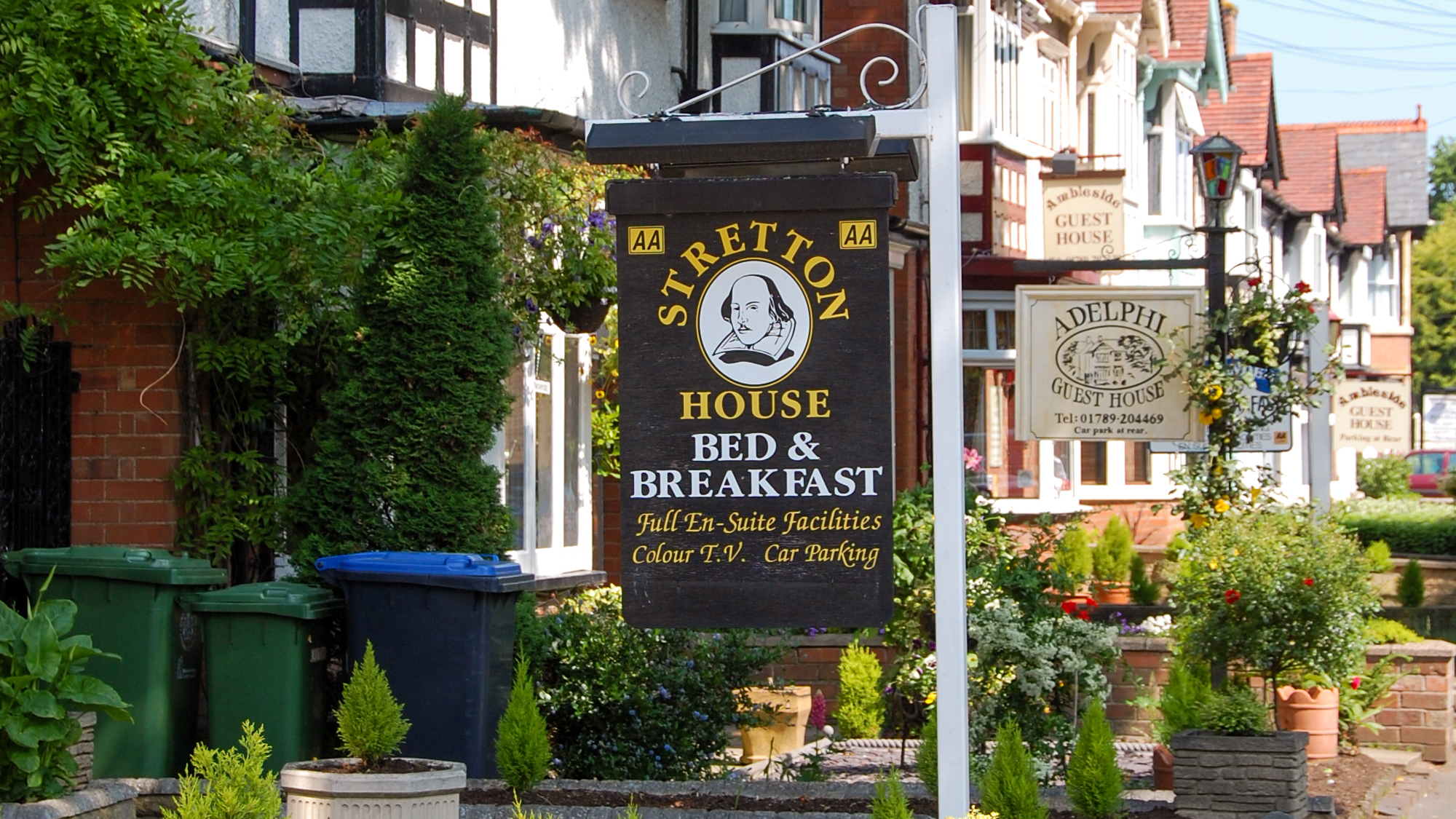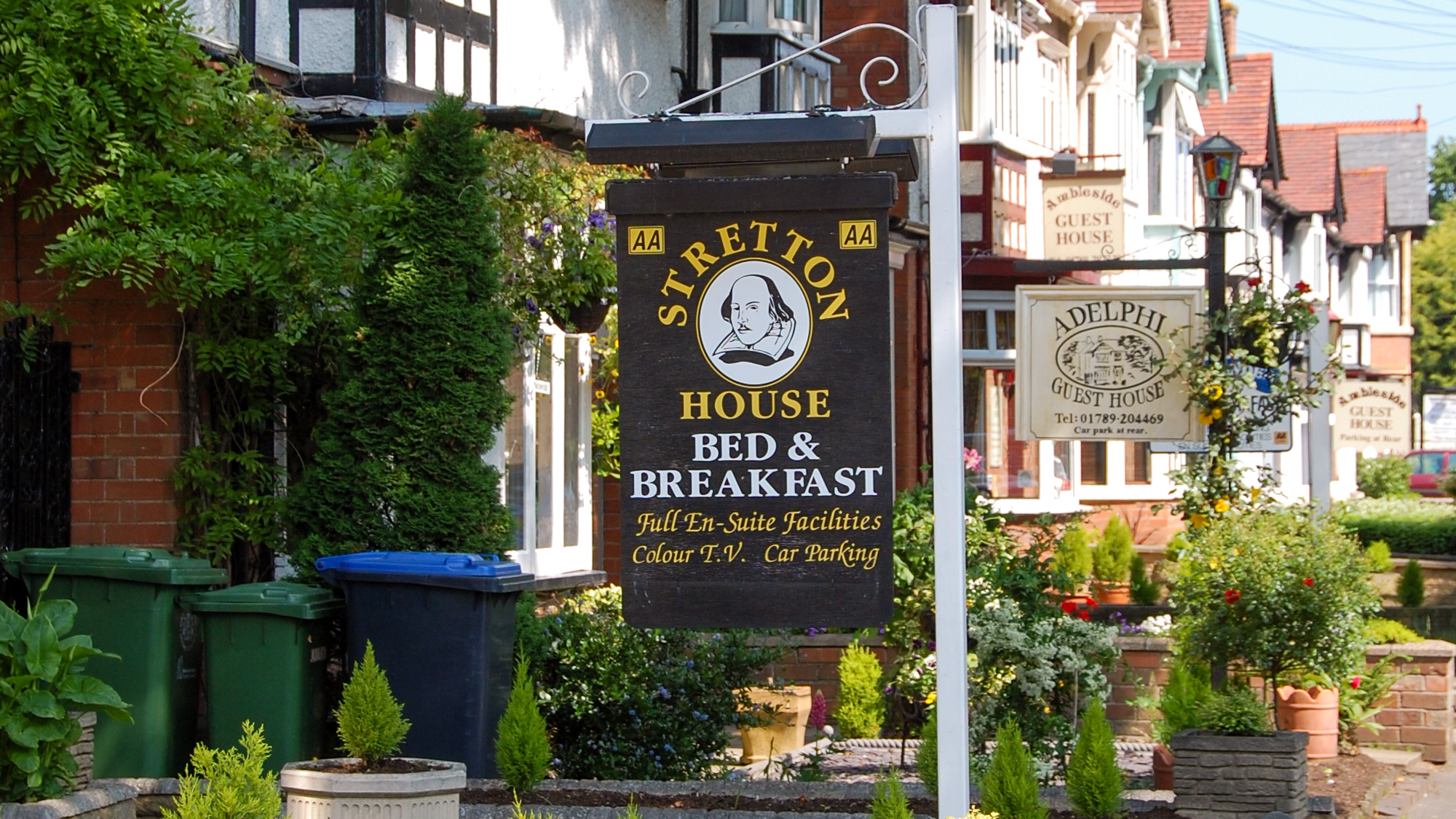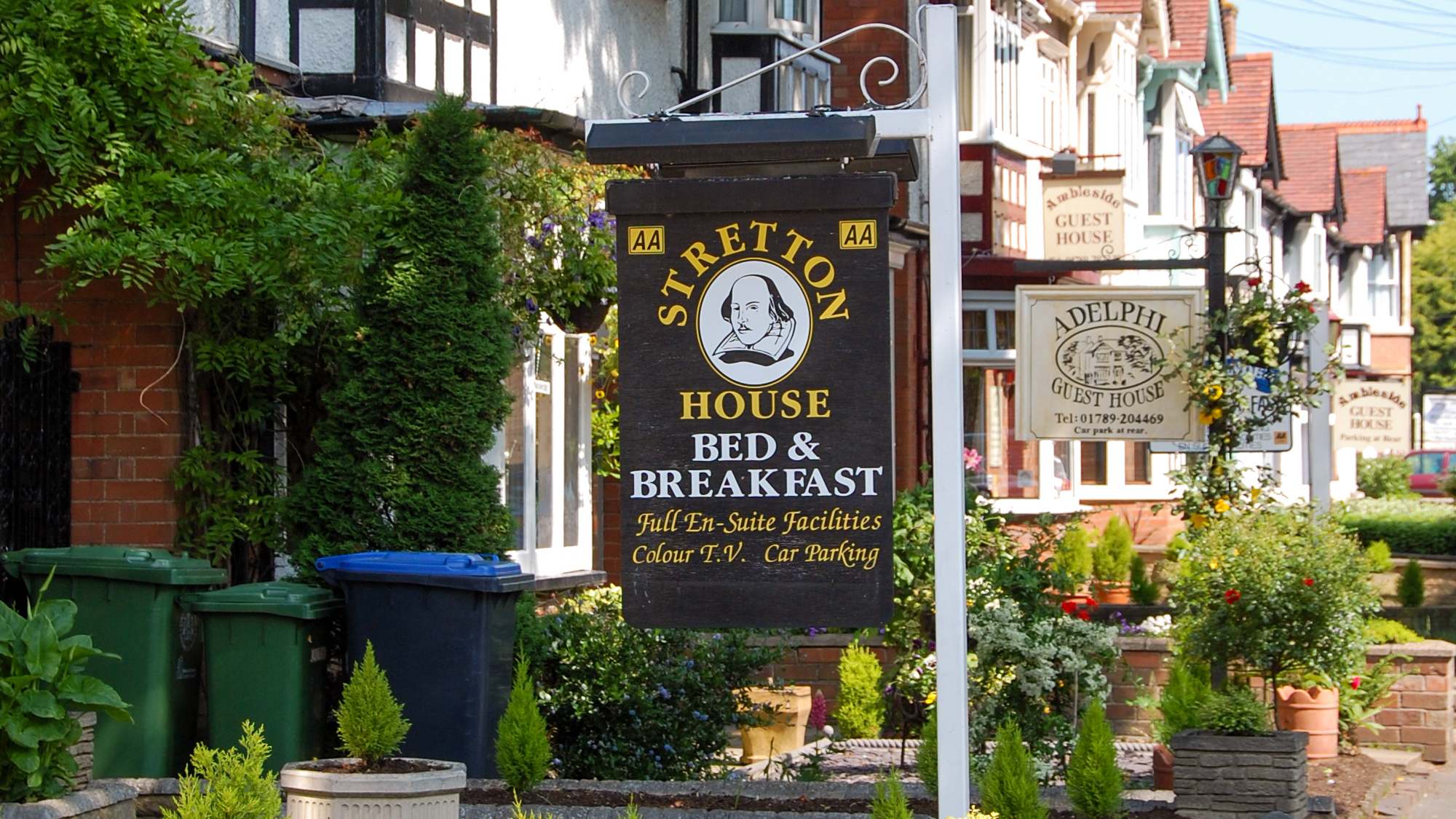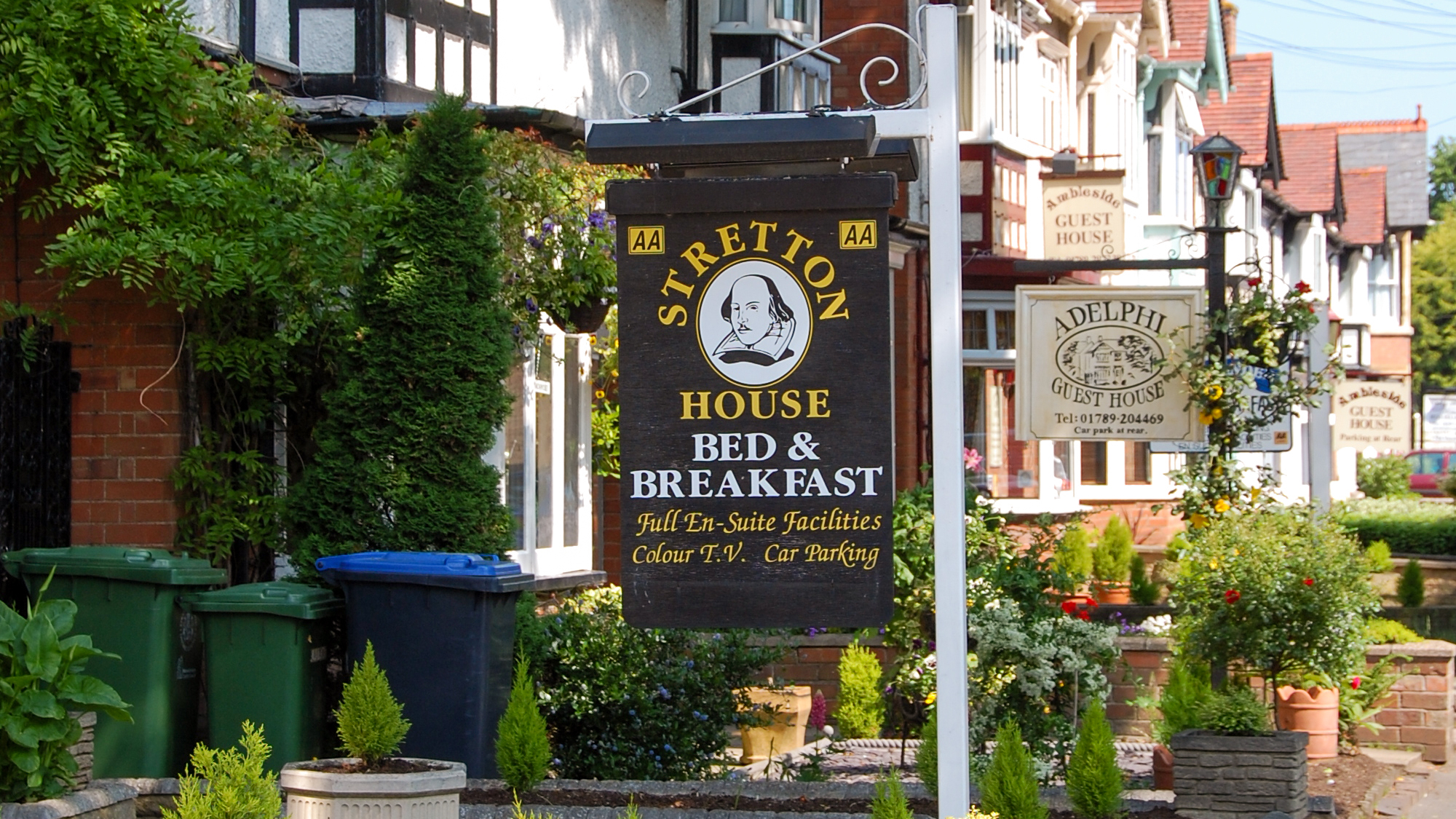Running a bed and breakfast is a rewarding business venture that combines hospitality with property management. However, B&B owners face unique risks that standard residential insurance simply cannot cover. Your buildings insurance needs to protect not just your property, but your livelihood and the safety of your guests.
Understanding B&B Buildings Insurance
Bed and breakfast buildings insurance is a specialized form of commercial property insurance designed specifically for accommodation businesses operating from residential-style properties. Unlike standard home insurance, B&B buildings insurance recognizes that your property serves a dual purpose as both your residence and a commercial enterprise.
This type of insurance covers the physical structure of your B&B, including the main building, outbuildings, fixtures, and fittings. It protects against damage from fire, flood, storm, theft, vandalism, and other specified perils that could threaten your property and business operations.
Why Standard Home Insurance Isn't Enough
Many new B&B owners mistakenly believe their existing home insurance will cover their business activities. This is a dangerous assumption that could leave you completely unprotected. Standard residential insurance policies typically exclude commercial activities, meaning any claim related to your B&B business could be rejected.
The increased foot traffic, commercial kitchen use, and higher occupancy levels in a B&B create elevated risks that residential policies aren't designed to handle. Professional buildings insurance for B&Bs acknowledges these commercial risks and provides appropriate coverage levels.
Key Coverage Areas
Building Structure Protection
Your B&B buildings insurance should cover the main structure, including walls, roof, floors, windows, and doors. This extends to permanent fixtures like fitted kitchens, bathrooms, and built-in wardrobes. Coverage typically includes damage from fire, explosion, lightning, earthquake, storm, flood, escape of water, and impact damage.
Outbuildings and Extensions
Many B&Bs feature additional structures like garages, sheds, conservatories, or separate guest accommodation blocks. Your policy should extend to cover these outbuildings, ensuring comprehensive protection across your entire property portfolio.
Alternative Accommodation
If your B&B becomes uninhabitable due to an insured event, your policy should cover alternative accommodation costs for both you and any displaced guests. This coverage is crucial for maintaining your reputation and minimizing financial losses during repairs.
Loss of Rent
Buildings insurance for B&Bs often includes loss of rent coverage, compensating you for booking income lost while your property is being repaired. This coverage helps maintain cash flow during difficult periods and covers ongoing expenses like mortgage payments and staff wages.
Specific Risks for B&B Properties
Fire Hazards
B&Bs face elevated fire risks due to commercial kitchen operations, increased electrical usage, and higher occupancy levels. Older properties, which are popular for B&B conversions, may have outdated wiring or heating systems that increase fire risk. Your buildings insurance should provide adequate coverage for fire damage and associated business interruption.
Water Damage
With multiple bathrooms, commercial laundry facilities, and increased plumbing usage, B&Bs are particularly vulnerable to water damage. Burst pipes, overflowing baths, or appliance leaks can cause extensive structural damage and disrupt business operations.
Weather-Related Damage
B&Bs often occupy older, characterful buildings that may be more susceptible to storm damage. Roof damage, broken windows, or flooding can not only damage your property but also force you to cancel bookings and lose revenue.
Theft and Vandalism
Commercial properties are often targeted by thieves, and B&Bs may be particularly attractive due to the presence of valuable furnishings, equipment, and guest belongings. Your buildings insurance should cover damage caused by theft attempts or vandalism.
Factors Affecting Your Premium
Property Age and Construction
Older properties, while charming for guests, often carry higher insurance premiums due to increased risks. Victorian or Georgian buildings may have solid walls, older electrical systems, or heritage restrictions that affect repair costs and methods.
Location and Local Risks
Properties in flood-prone areas, coastal locations, or regions with high crime rates will typically face higher premiums. However, rural locations may benefit from lower crime-related risks while potentially facing challenges with emergency service response times.
Security Measures
Installing appropriate security systems, fire detection equipment, and safety measures can help reduce your premiums. Many insurers offer discounts for properties with burglar alarms, fire alarms, sprinkler systems, and secure locks.
Business Size and Occupancy
The number of guest rooms, maximum occupancy, and seasonal variations in your business will all affect your insurance costs. Larger properties with higher occupancy levels naturally face greater risks and higher premiums.
Choosing the Right Coverage Level
Rebuilding Costs Assessment
Ensure your sum insured reflects the full rebuilding cost of your property, not its market value. Period properties often have higher rebuilding costs due to specialist materials and craftsmanship requirements. Consider inflation and rising construction costs when setting your coverage level.
Underinsurance Risks
Underinsurance can be catastrophic for B&B owners. If your sum insured is inadequate, you may face reduced claim payments proportional to the level of underinsurance. This could leave you unable to fully rebuild or repair your property.
Annual Reviews
Property values and rebuilding costs change over time. Conduct annual reviews of your coverage levels, particularly after any renovations, extensions, or significant changes to your property or business operations.
Additional Considerations
Planning Permission and Listed Building Status
If your B&B operates under specific planning permissions or holds listed building status, ensure your insurance recognizes any restrictions or requirements this may impose on repairs and rebuilding. Some policies include coverage for the additional costs associated with heritage building requirements.
Environmental Risks
Consider coverage for environmental risks specific to your location, such as subsidence, landslip, or coastal erosion. These risks may require specialist coverage or higher excess levels.
Terrorism and Malicious Damage
While rare, terrorism or malicious damage coverage may be worth considering, particularly for B&Bs in urban areas or tourist hotspots that might be considered higher-risk locations.
Claims Process and Support
24/7 Claims Reporting
Choose an insurer that offers 24/7 claims reporting, as emergencies don't follow business hours. Quick response times are crucial for minimizing damage and getting your B&B operational again as quickly as possible.
Specialist Assessors
Look for insurers who use assessors experienced with commercial property and hospitality businesses. They'll better understand the unique challenges of B&B operations and the urgency of getting your business back up and running.
Approved Contractor Networks
Many insurers maintain networks of approved contractors who can respond quickly to emergencies and carry out repairs to appropriate standards. This can significantly speed up the claims process and ensure quality workmanship.
Risk Management and Prevention
Regular Maintenance
Implement a comprehensive maintenance schedule covering all building systems, from plumbing and electrical to roofing and heating. Regular maintenance not only prevents problems but also demonstrates good risk management to your insurer.
Safety Procedures
Develop and implement safety procedures for both staff and guests. This includes fire evacuation procedures, emergency contact information, and clear instructions for reporting problems or concerns.
Professional Inspections
Arrange regular professional inspections of key systems like electrical installations, gas appliances, and fire safety equipment. Many insurers require annual inspections and may offer premium discounts for proactive maintenance.
Working with Insurance Professionals
Specialist Brokers
Consider working with insurance brokers who specialize in hospitality and accommodation businesses. They understand the unique risks and requirements of B&B operations and can help you navigate the complex insurance market.
Policy Comparison
Don't simply choose the cheapest option. Compare coverage levels, excess amounts, claims procedures, and insurer reputation. The cheapest policy may prove expensive if it doesn't provide adequate protection when you need it most.
Annual Reviews
Schedule annual policy reviews to ensure your coverage remains appropriate as your business grows and changes. This is also an opportunity to reassess your risk management procedures and potentially reduce premiums through improved safety measures.
Legal and Regulatory Compliance
Building Regulations
Ensure your insurance coverage accommodates any building regulation requirements that may apply to your B&B. Commercial accommodation businesses must meet higher standards than residential properties in many areas.
Fire Safety Regulations
B&Bs must comply with specific fire safety regulations, including appropriate detection systems, escape routes, and safety equipment. Your insurance should cover the costs of meeting these requirements and any upgrades that may be mandated.
Accessibility Requirements
Consider coverage for accessibility improvements that may be required under disability discrimination legislation. These modifications can be costly but are essential for legal compliance and business growth.
Future-Proofing Your Coverage
Business Growth
If you plan to expand your B&B operation, discuss this with your insurer early in the process. Additional rooms, new facilities, or extended operating seasons may require policy adjustments before changes are implemented.
Climate Change Considerations
Consider how climate change might affect your property's risk profile. Increased storm frequency, changing flood patterns, or extreme weather events may require enhanced coverage or risk mitigation measures.
Technology Integration
As B&Bs increasingly adopt smart home technology, security systems, and online booking platforms, ensure your insurance keeps pace with these technological changes and any new risks they might introduce.
Conclusion
Bed and breakfast buildings insurance is a critical investment in protecting both your property and your business. The unique risks associated with commercial accommodation require specialized coverage that goes far beyond standard home insurance.
By understanding the specific risks your B&B faces, choosing appropriate coverage levels, and working with experienced insurance professionals, you can ensure your property is properly protected. Remember that the cheapest insurance is rarely the best value – focus on comprehensive coverage that will truly protect your investment and livelihood.
Regular reviews of your coverage, proactive risk management, and maintaining good relationships with your insurer will help ensure you're prepared for whatever challenges your B&B business might face. With proper buildings insurance in place, you can focus on what you do best – providing excellent hospitality to your guests while building a successful and sustainable business.


 0330 127 2333
0330 127 2333
